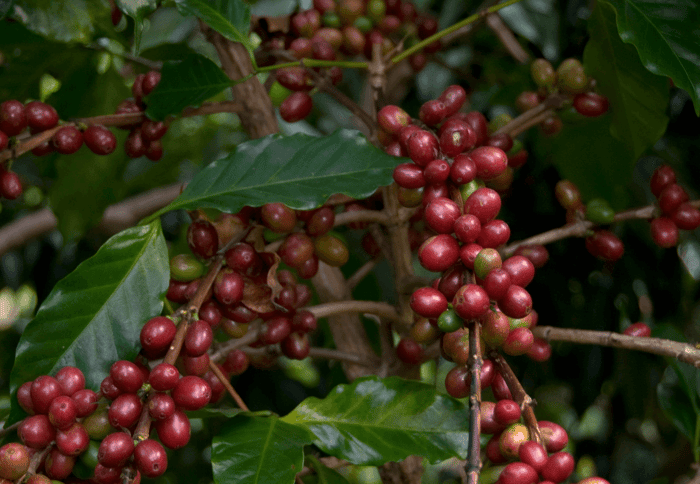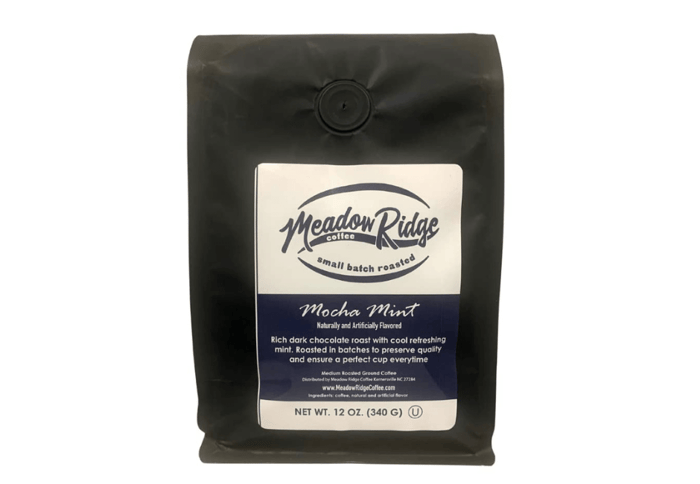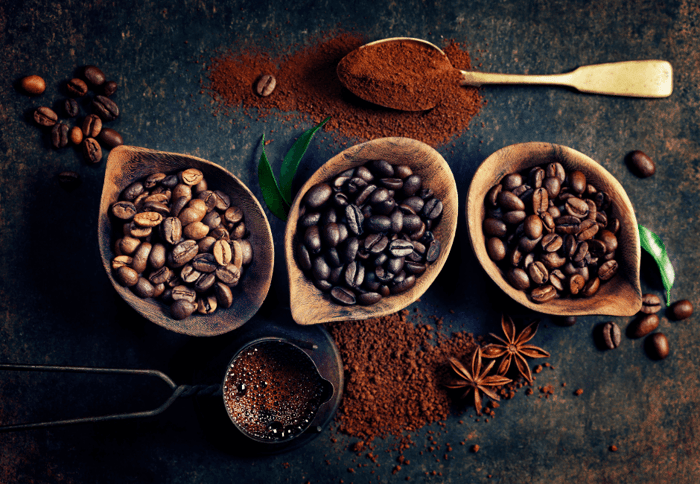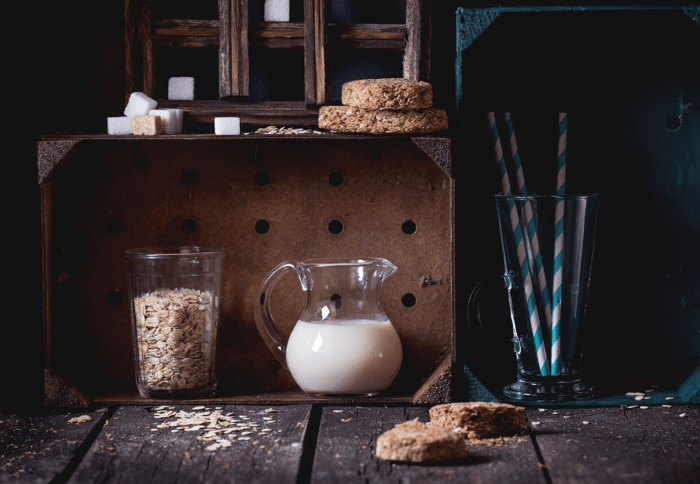Do you love the smell of fresh coffee in the morning? There's something about that rich, roasted aroma that makes you feel alive and ready to face the day. There are dozens of labels to decipher when standing in front of the coffee section. Regarding coffee, there are two main types of beans: sun-grown and shade-grown.
Both have distinct flavor profiles, but what is the difference between them? A question may have crossed your mind, but you're not confident enough to answer it. Throughout this post, we'll simplify things and understand shade-grown and sun-grown coffee.
Let's take a closer look!
What is the Difference
Shade-grown beans are typically more expensive, but they also offer many benefits over their sun-grown counterparts. Here's a look at the notable differences between these two types of beans.
What Is Sun-Grown Coffee?
Sun-grown coffee is simply coffee grown in the sun instead of shade-grown. It is generally more disease-resistant than shade-grown coffee. Coffee grown in the sun is typically Robusta beans, although some Arabica hybrid varieties can also be considered sun-grown. Those beans are smaller and rounder, resulting in a more robust cup of coffee that is bitter.
Chemical Weed Killers
Despite their ability to increase crop yields, pesticides can negatively impact biodiversity. Sun-grown coffee plantations often have little to no biodiversity, as there is no food for birds and other animals to eat. It can lead to a decrease in the population of these animals and can also impact the quality of the coffee beans.
Boosts Coffee Production
Sun-grown coffee generally yields more than shade-grown coffee, making it a less expensive option for farmers. Farmers can grow the plants together, fitting more on each acre and increasing coffee profits.
Degradation of Soil Quality
Sun-grown coffee farming is the quickest and easiest way to grow coffee, but it takes a toll on the quality of the soil. Over time, the soil becomes less able to support plant life, and the coffee plants are more susceptible to disease. To maintain yields, farmers must use ever more significant amounts of fertilizer.
What Is Shade-Grown Coffee?
Shade-grown coffee is coffee that is grown under the shade of trees. This type of coffee farming is often used in areas where there is a lot of rainfall and the temperatures are cool. A shade-grown coffee plant can last as long as two times as long as a sun-grown plant. Coffee plants grown in the sun produce more fruit but wear out more quickly.
Eco-friendly
Shade-grown coffee is also generally more environmentally friendly, as the trees provide a habitat for birds and other animals, and the shade helps to protect the soil from erosion. Natural habitats are preserved on shade-grown coffee farms, which benefits local wildlife. The trees also provide shade and protect the coffee plants from harsh weather conditions.
Richer Flavor
Shade-grown coffee is usually considered higher quality than sun-grown coffee, as the slow ripening of the coffee beans results in a more complex flavor. The trees protect coffee plants from the sun, resulting in bitter beans. The shade also helps to retain the natural oils in the beans, which gives them a richer flavor.
Pricey
Shade-grown coffee beans are typically more expensive. The extra care and attention that goes into growing their results in a higher price tag. However, many coffee drinkers feel that the quality of the beans is worth the extra cost.
Organic Product
Shade-grown coffee plantations are great for the environment. No chemical fertilizers or pesticides are used on these plantations, which prevents the leaching of fertilizers into water courses. The biodiversity of shade-grown land is three to four times higher than that of sun-grown land, so these plantations are excellent habitats for wildlife.
If you’re looking for a smooth, flavorful cup of coffee, then shade-grown coffee beans are the way to go. They may cost a bit more, but the quality is worth it.
Curious to try shade grown coffee? Black Powder Coffee uses all shade grown beans in their various roast and flavors.
Want More Coffee Content?
- Daily Coffee Grind - Click Here
- Coffee Reviews - Click Here
- Coffee Brewing Guides - Click Here
- Coffee Brewer Reviews - Click Here
- All Things Tea - Click Here









